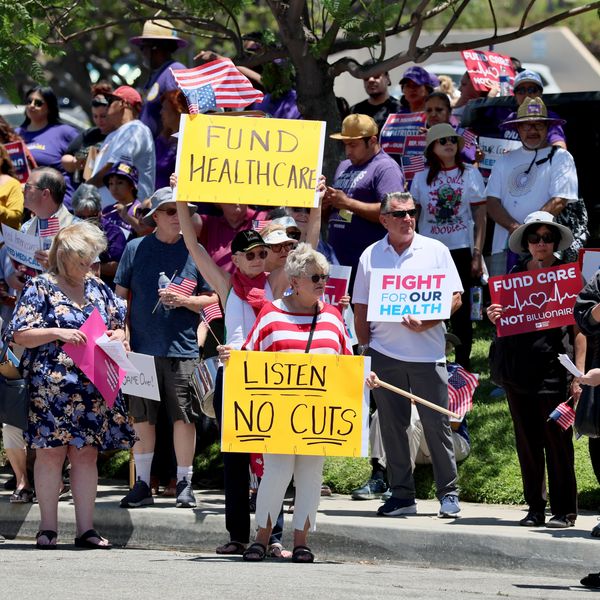This morning, Obama released his new health care reform plan.
It was a series a changes to the Senate health care bill. One was the
addition of a new Health Insurance Rate Authority. It was an idea recently introduced by Dianne Feinstein. Can this new authority become law or is it just a cynical pure politics play?
Since Obama has made it clear that the final health care bill has to
be based on the current Senate bill, and the Republican party has made
it equally clear they will not sign on to a slightly modified Senate
bill, the only path forward is reconciliation. Anything in a
reconciliation bill must not violate the Byrd rule (unless Joe Biden is willing to play hardball).
After extensive study of the matter, I find it very likely that this
new Health Insurance Rate Authority would be ruled in violation of the
Byrd rule.
If Joe Biden is unwilling to play hardball, the Byrd rule can still
be waived to protect the new agency by a vote of 60 senators. I doubt
any Republican will vote to waive the Byrd rule for this new agency,
and suspect even a few Democrats, like Ben Nelson, would also vote
against it. As a result, the prospects of this Health Insurance Rate
Authority becoming law seems remote. It would likely get stripped from
the bill at the last moment. Although it would provide Democrats with
an good talking point to attack Republicans who took a standalone vote
against this one provision.
Personally, I'm upset about the potentially cynical politics of this
move. There are several things that could likely be passed through
reconciliation that might hold the insurance companies honest. Things
like a public option, Medicare/Medicaid/Tricare buy-in, possibly
tougher minimum medical loss ratios, and/or maybe even a national
exchange. That fact the Obama's health care proposal contains none of
these potentially Byrd rule-proof ideas to "hold the insurance
companies honest," but instead contains a new agency unlikely to become
law, is highly disappointing.
It sounds like a classic Rahm Emanuel idea of a win-win. Republicans
are forced to take a difficult vote. Democrats get to pretend they
supported something popular, but, in the end, Democrats don't need to
worry about hurting a potential donor because the insurance companies
also win when Republicans kill the idea. Of course, in the end, regular
people are the big losers because they are forced by the government to
buy a poorly regulated product from private insurance companies.


